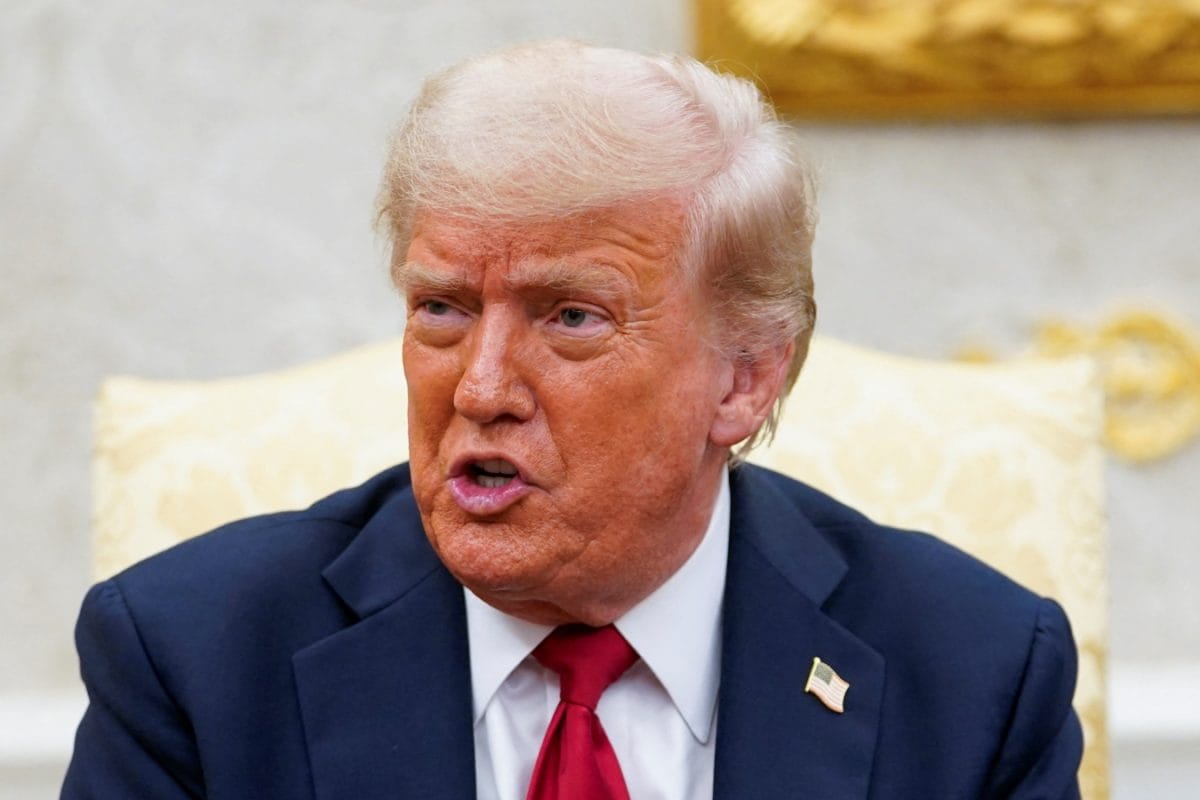

As fighting continues along the Thailand-Cambodia border for a third day, former U.S. President Donald Trump has claimed he is mediating between the two nations, drawing a parallel to the India-Pakistan conflict. "Just spoke to the Prime Minister of Cambodia relative to stopping the War with Thailand. I am calling the Acting Prime Minister of Thailand... to likewise request a Ceasefire... I have told them we do not want to make any Deal if they are fighting," Trump posted on his social media platform. He added, "Many people are being killed in this War, but it very much reminds me of the Conflict between Pakistan and India, which was brought to a successful halt".
The border clashes have intensified, with both sides exchanging heavy artillery fire and accusations. As of Saturday, the conflict has reportedly caused at least 33 fatalities and displaced over 168,000 people. Cambodia has accused Thailand of "unprovoked and premeditated acts of aggression", while Thailand alleges that Cambodia has deliberately targeted civilians. There are also claims that cluster munitions, which are controversial and widely condemned, have been used.
The United Nations Security Council convened an emergency closed-door meeting on Friday, urging both sides to de-escalate, exercise restraint, and resolve the dispute peacefully. Malaysia, the current chair of the Association of Southeast Asian Nations (ASEAN), has also called for an end to hostilities and offered to mediate. However, Thailand has reportedly rejected mediation efforts from third countries, insisting on bilateral talks with Cambodia, provided Phnom Penh ceases attacks.
India has expressed concern over the escalating hostilities, with an official stating that they are closely monitoring the situation. Indian travelers in the region are advised to contact local embassies for assistance.
The tourism authority has advised against visiting several attractions in Ubon Ratchathani, Surin, Sisaket, Buriram, Sa Kaeo, Chanthaburi and Trat provinces. Indian travelers to Thailand are advised to check updates from Thai official sources.
The Thailand-Cambodia border has been a point of contention for decades, with the current tensions escalating in May after a landmine explosion injured Thai soldiers. Both countries have recalled their ambassadors, and Thailand has closed its northeastern border crossings with Cambodia.
Human Rights Watch has urged the UN Security Council and concerned governments to press both the Thai and Cambodian governments to abide by international humanitarian law and take all steps to protect civilians. "Neither Thailand nor Cambodia appears to be paying attention to international humanitarian law at great expense to civilians," said John Sifton, Asia advocacy director at Human Rights Watch.
Amid the ongoing conflict, Trump's intervention has sparked discussions about the role of external powers in the region. Some experts believe the crisis could test the influence of the United States and China in Southeast Asia, with Thailand being a key strategic partner for the U.S. and Cambodia being central to China's regional ambitions.